Engine oil is often referred to as the lifeblood of an automobile. It plays a critical role in the performance and longevity of an engine, especially when it comes to high-performance engines. In this article, we’ll explore what engine oil is, its functions, and types, and why using the right oil, particularly high-performance engine oil, is essential for your vehicle’s health.
What is Engine Oil?
Engine oil is a lubricant designed specifically for the moving parts within an internal combustion engine. It serves multiple purposes: reducing friction between components, cleaning engine parts, preventing corrosion, and helping to manage heat. Engine oil is a complex mixture of base oils and additives formulated to meet the specific demands of various engine types (Source: Mobil 1).
The Formula of Engine Oil
Engine oil is a complex formulation made up of two primary components: base oils and additives.
Base Oils
Base oils make up the bulk of engine oil and can be derived from different sources:
Conventional Base Oils: These are refined from crude oil and typically makeup around 70-90%. They provide basic lubrication properties but may lack the performance characteristics needed for high-stress applications (Source: Castrol – Types of Oil).
Synthetic Base Oils: Engineered from chemical compounds, synthetic base oils offer superior performance in extreme temperatures and conditions. They are designed to provide better lubrication and stability (Source: Mobil 1 Synthetic Oil).
Synthetic Blend Oils: These combine conventional and synthetic engine oils, providing a balance of performance and cost (Source: MotorTrend – Synthetic vs Conventional Oils).
Additives
Additives are crucial for enhancing the properties of base oils and can constitute about 10-30% of the oil formulation. Key additives include:
Viscosity Index Improvers: These help maintain the oil’s viscosity across a range of temperatures, ensuring consistent performance (Source: SAE J300 Standard).
Detergents: These keep engine parts clean by preventing sludge and deposits from forming (Source: Chevron – Additives).
Dispersants: They help suspend contaminants in the oil, preventing them from settling on surfaces.
Anti-wear Agents: Compounds such as zinc dialkyl dithiophosphate (ZDDP) reduce friction and wear on engine components (Source: ScienceDirect – Engine Oil Additives).
Corrosion Inhibitors: These protect metal surfaces from oxidation and rust (Source: Motor Oil Matters).
Foam Inhibitors: They prevent the formation of foam, which can reduce lubrication efficiency.
Pour Point Depressants: These additives lower the temperature at which oil becomes viscous, ensuring it flows easily in cold conditions (Source: Lubrizol – Oil Additives).
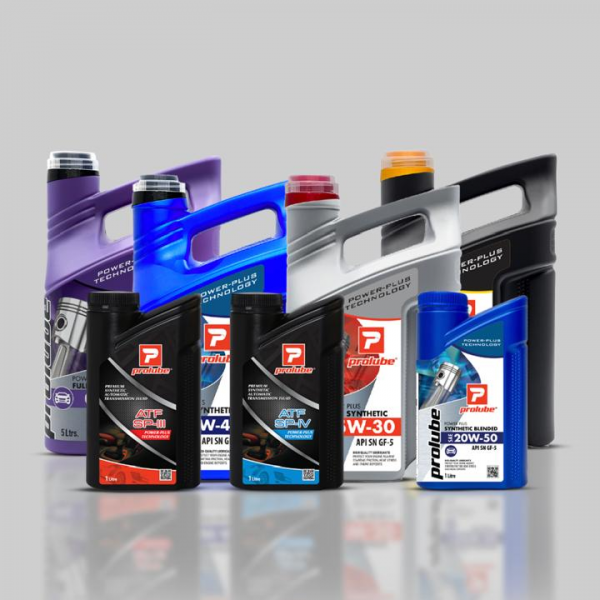
The Importance of Engine Oil
Lubrication
The primary function of engine oil is to create a thin film between moving parts, minimizing friction and wear. This helps to prolong the life of the engine. Without sufficient lubrication, metal components would grind against each other, leading to catastrophic failure (Source: SAE – Lubrication Technology).
Cooling
Engine oil helps absorb heat generated by the engine. While the coolant system plays a significant role in cooling, engine oil also helps dissipate heat, ensuring optimal operating temperatures (Source: Chevron – The Role of Oil in Cooling).
Cleaning
Over time, engines accumulate dirt, debris, and other contaminants. Engine oil contains detergents and dispersants that help clean the engine, preventing sludge buildup and maintaining cleanliness (Source: Castrol – Engine Oil Benefits).
Corrosion Protection
Engine oil forms a protective barrier on metal surfaces, helping to prevent oxidation and rust formation. This is especially important in environments where moisture and humidity can lead to corrosion (Source: MotorTrend – Corrosion Protection in Engine Oils).
Sealing
Engine oil helps create a seal between the piston rings and the cylinder walls, which is vital for maintaining compression and improving engine efficiency (Source: SAE – Sealing and Engine Efficiency).
Types of Engine Oil
There are several types of engine oil available on the market, each designed for specific applications:
Conventional Oil
This is the most basic form of engine oil, derived from crude oil. It’s suitable for older vehicles and those with low mileage but may not provide the best protection for high-performance engines (Source: MotorTrend – Conventional Oil).
Synthetic Oil
Synthetic oils are engineered from chemical compounds and offer superior performance compared to conventional oils. They are designed to withstand extreme temperatures and conditions, making them ideal for high-performance engines (Source: Castrol – Synthetic Oil Benefits).
High-Performance Engine Oil
Specifically formulated for high-performance engines, this type of oil often includes advanced additives that enhance its properties. High-performance engine oil provides better lubrication, improved viscosity stability, and superior protection against thermal breakdown (Source: Royal Purple – High-Performance Oils).
Synthetic Blend Oil
This is a combination of synthetic and conventional oils, providing a balance between cost and performance. While not as robust as full synthetic oil, it offers better protection than standard conventional oil (Source: Mobil 1 – Synthetic Blend Oils).
High Mileage Oil
Designed for vehicles with over 75,000 miles, high mileage oils contain additives that help rejuvenate engine seals and reduce oil consumption, making them ideal for older engines (Source: Castrol – High Mileage Oil).
High-Performance Engine Oil: Why It Matters
For those who drive high-performance vehicles or engage in motorsports, the choice of engine oil becomes even more critical. High-quality engine oil is formulated to meet the rigorous demands of powerful engines that operate under extreme conditions. Here’s why it matters:
Enhanced Protection
High-performance engine oils are designed to provide superior protection against wear and tear. They often contain advanced additives that reduce friction and enhance engine cleanliness (Source: Royal Purple – High-Performance Oils).
Temperature Stability
High-performance engines generate significant heat. Synthetic high-performance oils maintain their viscosity better at elevated temperatures, ensuring consistent lubrication and reducing the risk of breakdown (Source: Mobil 1 – Performance in Extreme Temperatures).
Improved Performance
Using high-performance engine oil can enhance engine responsiveness and efficiency. This is crucial for drivers seeking optimal performance, whether on the track or the road (Source: MotorTrend – Best High-Performance Oils).
Extended Oil Change Intervals
Many high-performance engine oils are formulated to last longer between changes, thanks to their superior resistance to oxidation and thermal breakdown. This can save time and money in the long run (Source: Mobil 1 – Extended Oil Change Intervals).
Compatibility with Modern Engines
As technology advances, modern engines are designed to work optimally with high-performance oils. These oils often meet or exceed the specifications set by vehicle manufacturers, ensuring compatibility and performance (Source: SAE – Modern Oil Specifications).
Choosing the Right Engine Oil
When selecting engine oil, several factors should be considered:
Vehicle Manufacturer Recommendations
Always refer to your vehicle’s owner’s manual for the manufacturer’s recommended oil type and viscosity (Source: BMW Engine Oil Recommendations).
Driving Conditions
If you drive in extreme conditions, such as heavy traffic, extreme temperatures, or engage in towing, you may need high-performance engine oil (Source: MotorTrend – Driving Conditions).
Engine Type
If you have a high-performance engine, using specialized high-performance engine oil is essential to ensure optimal protection and performance (Source: Royal Purple – Engine Oil for Performance Vehicles).
Oil Viscosity
The viscosity rating (like 5W-30) indicates how the oil flows at different temperatures. Choose a viscosity that suits your climate and driving conditions (Source: Chevron – Oil Viscosity Explained)
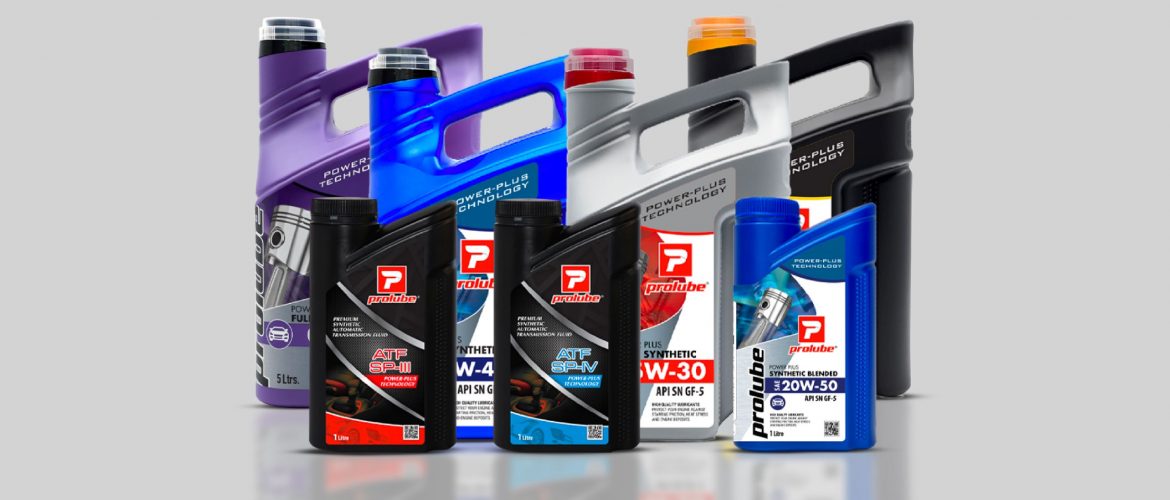


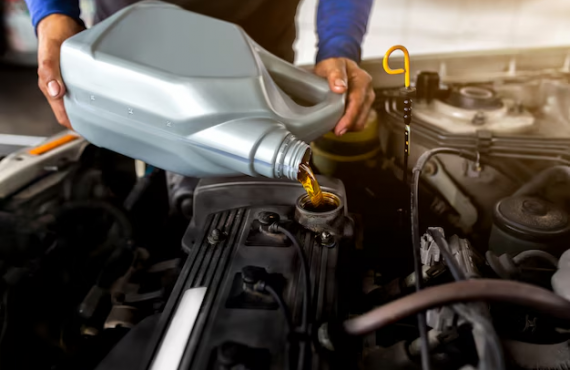

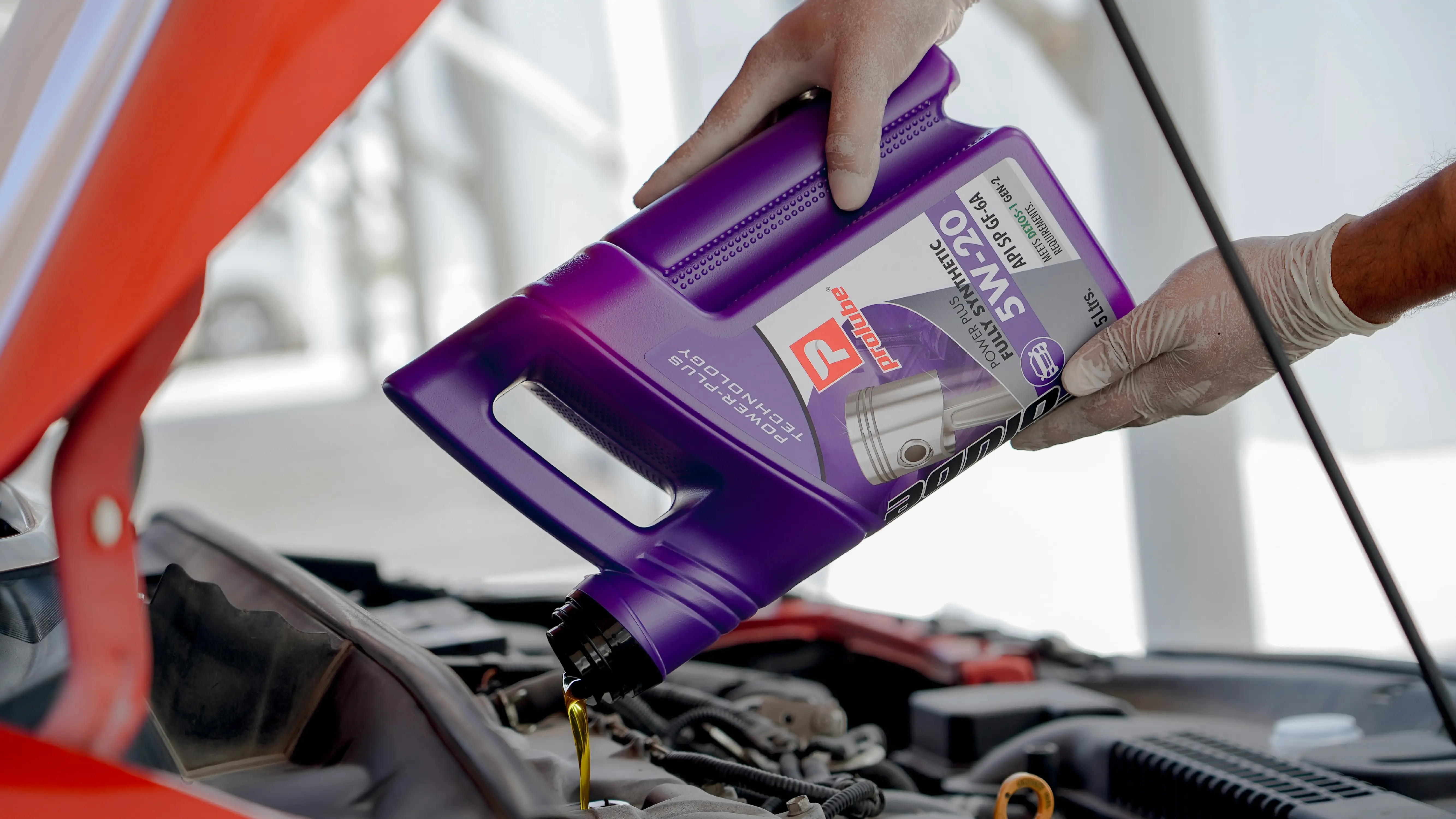
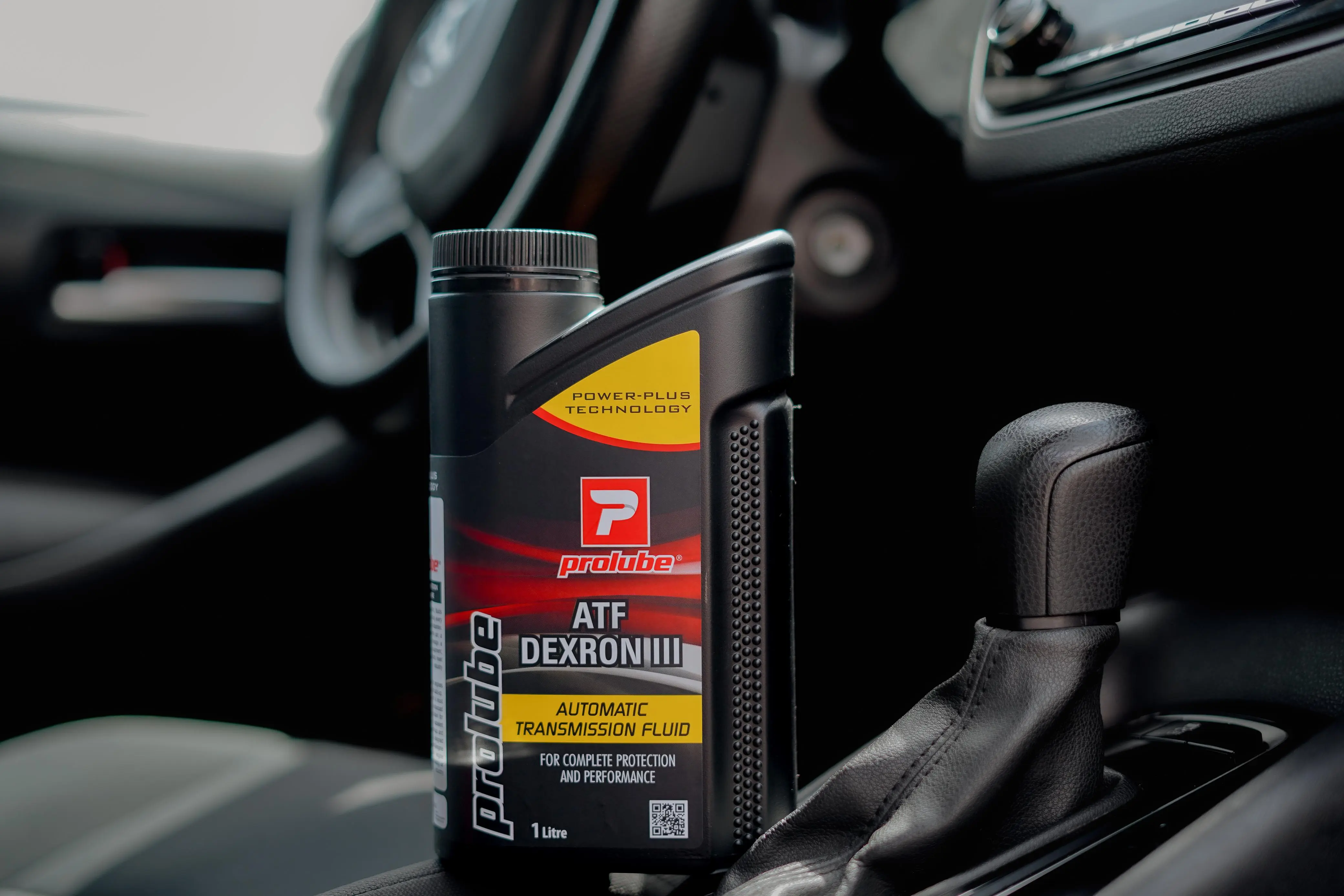
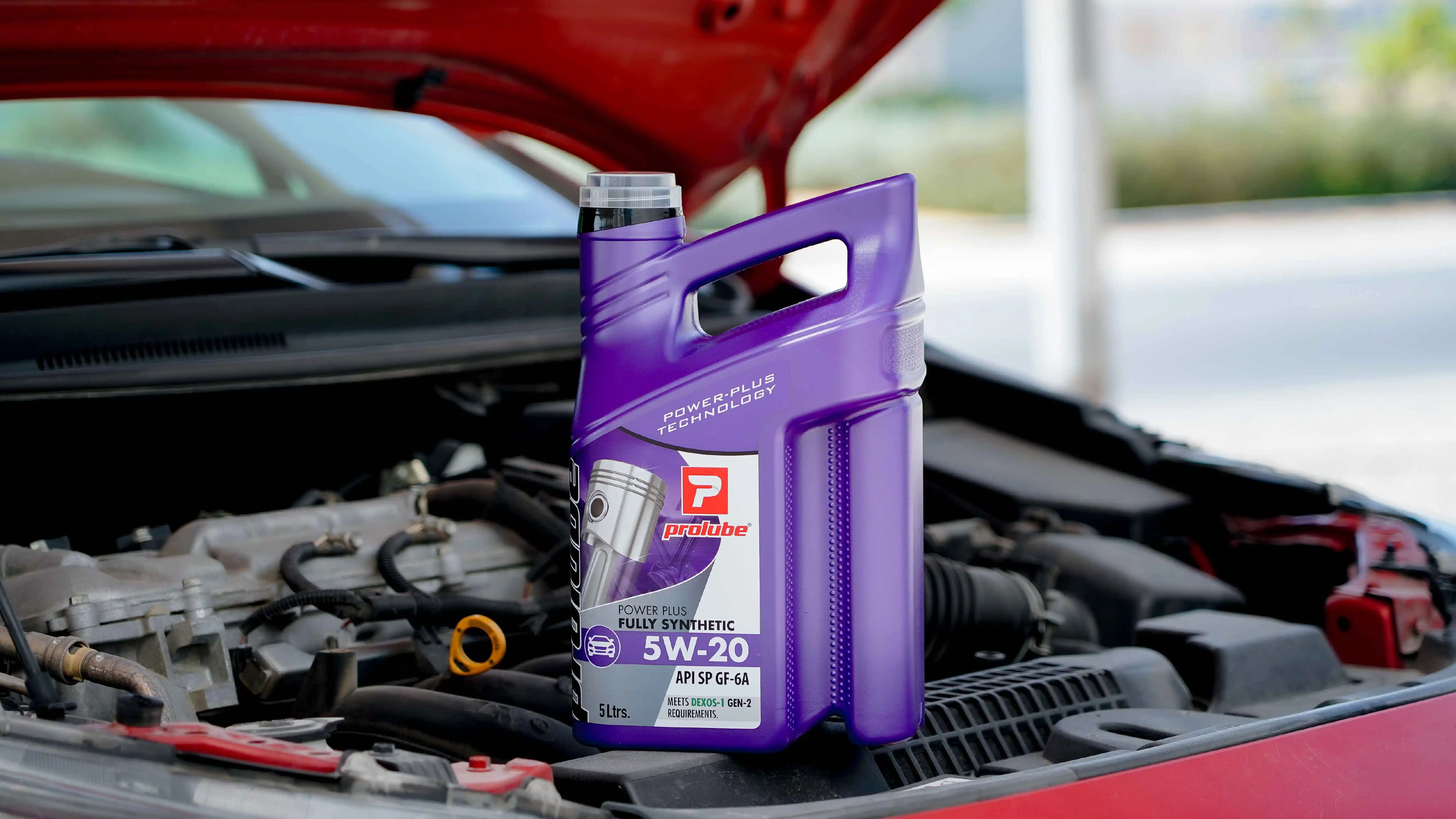
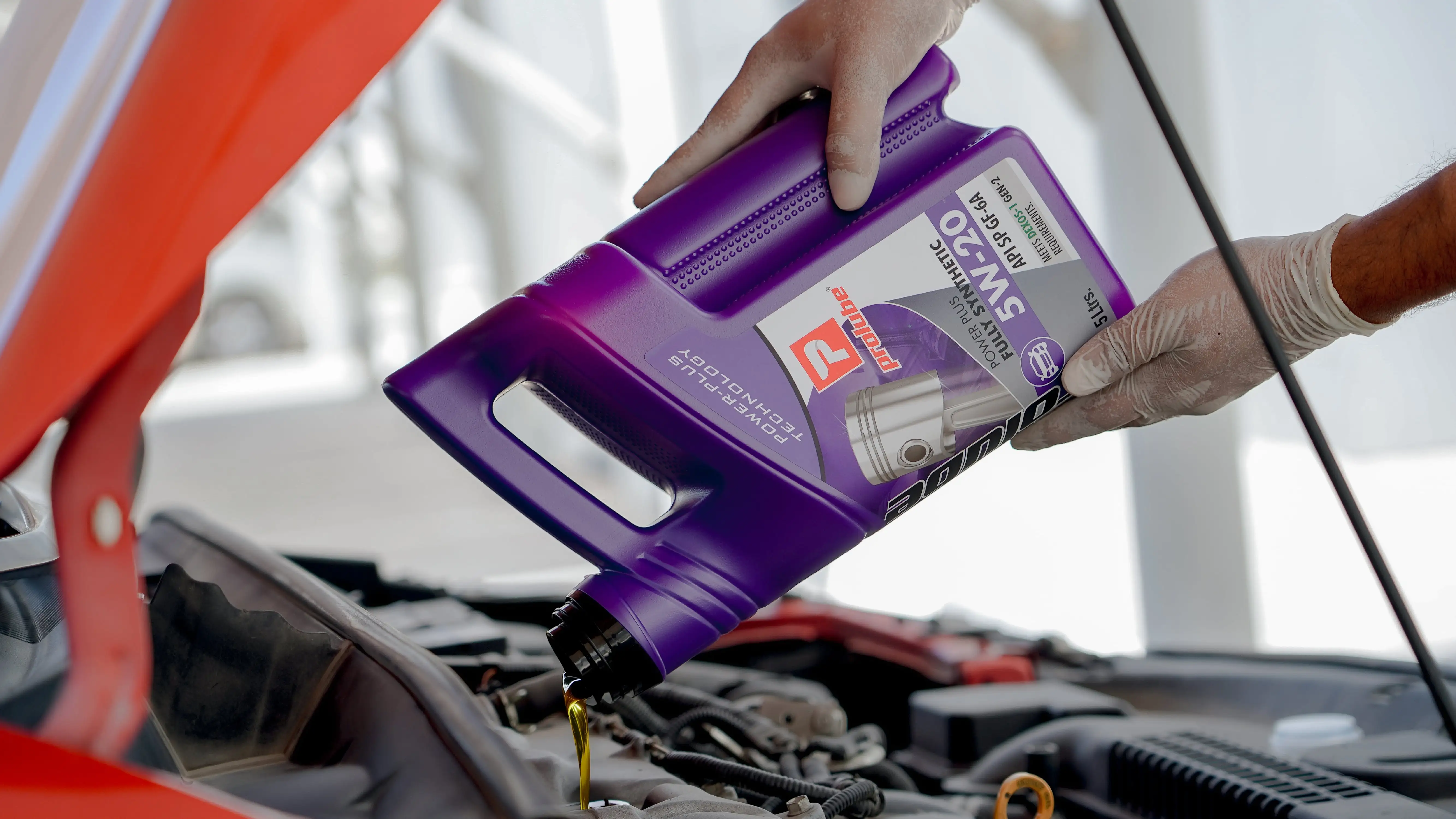

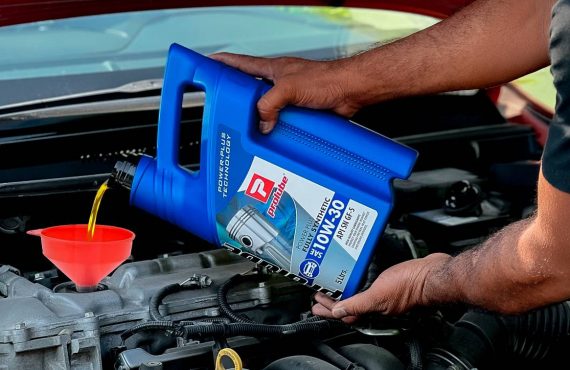
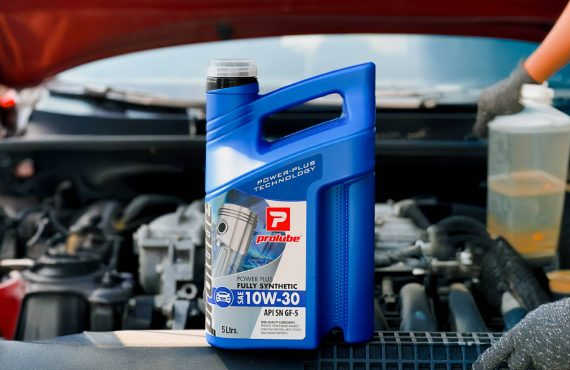
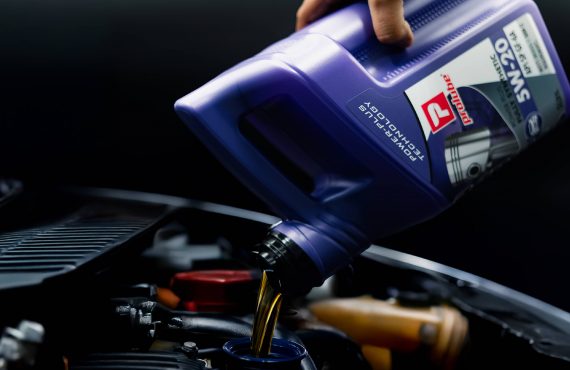
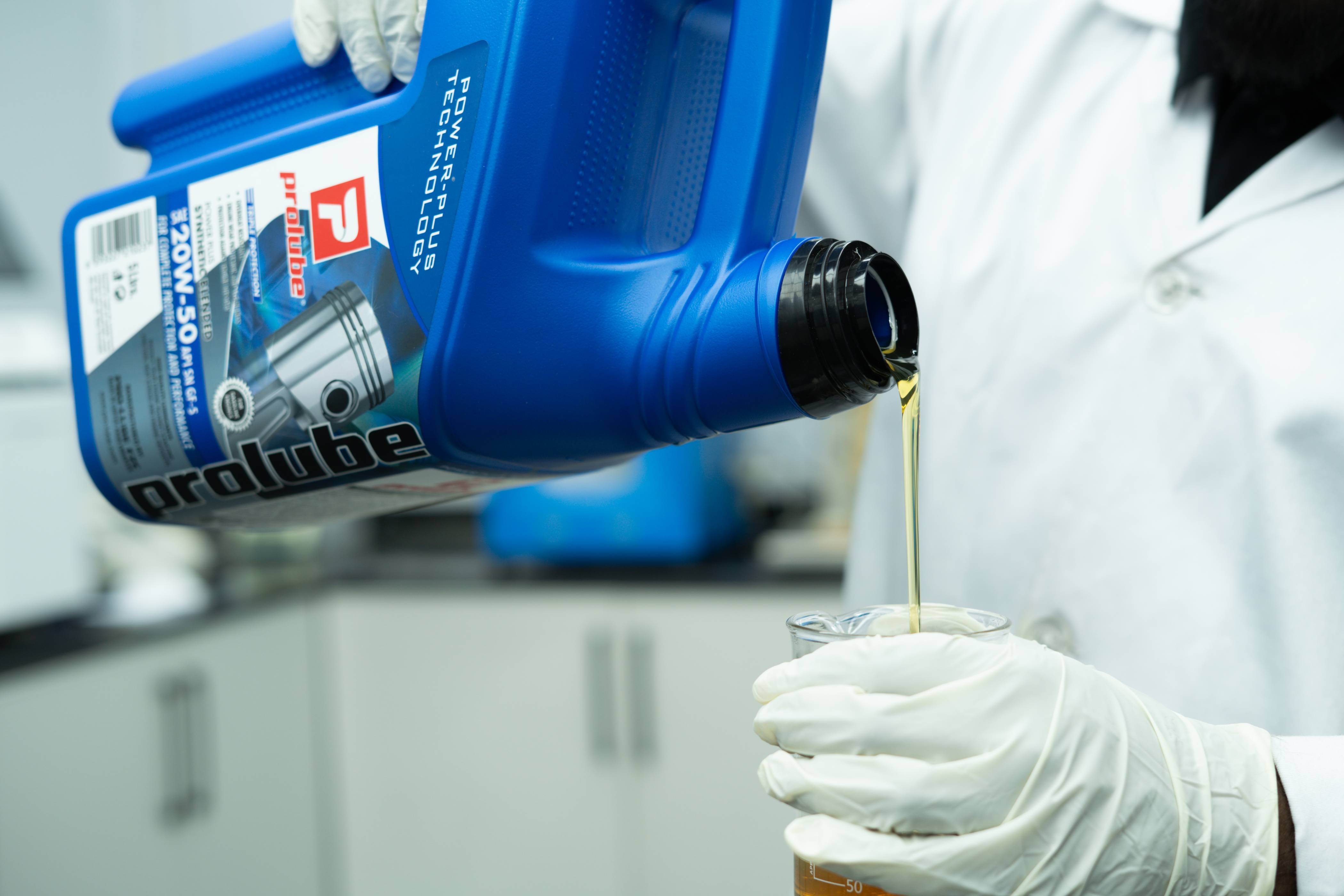
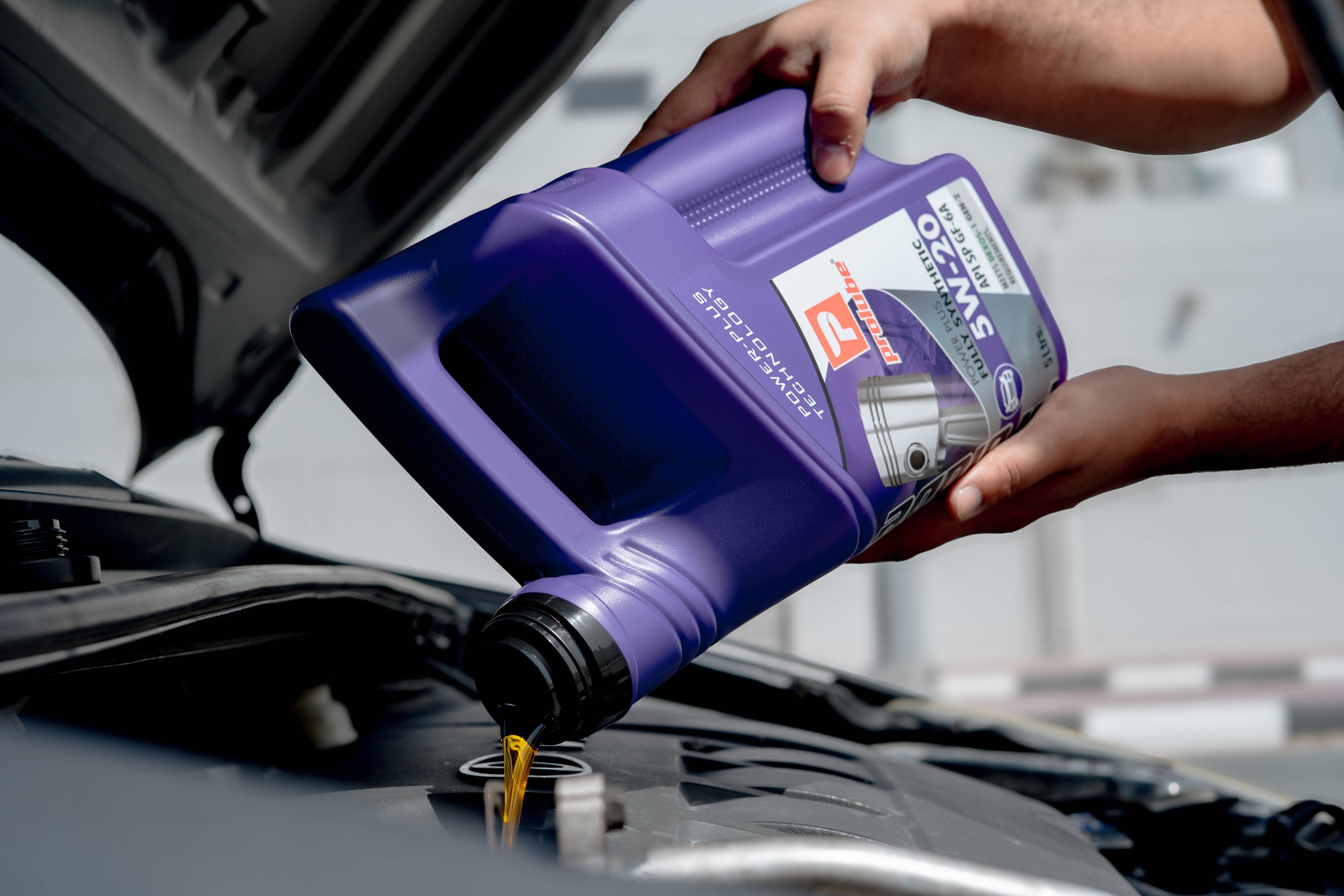
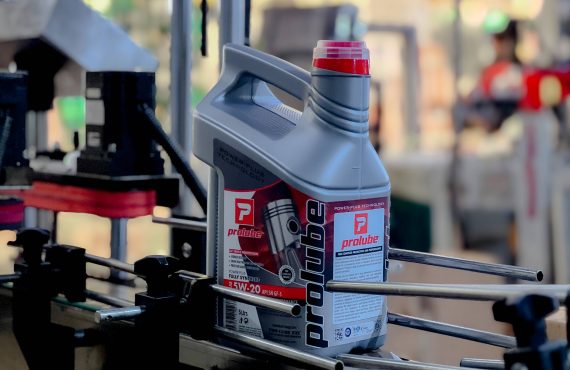



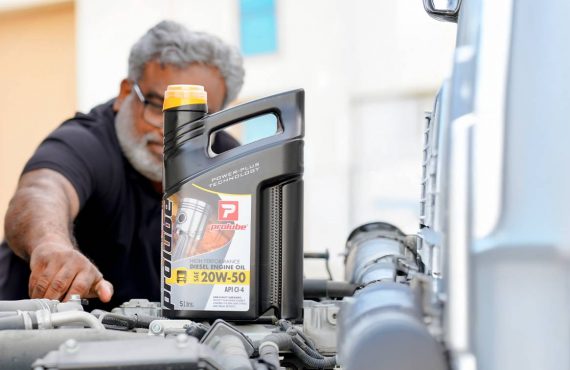
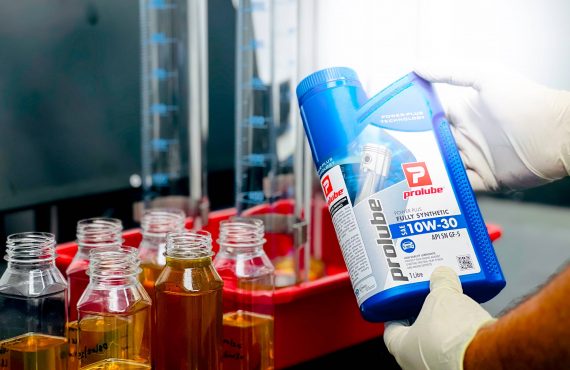

No comments yet.